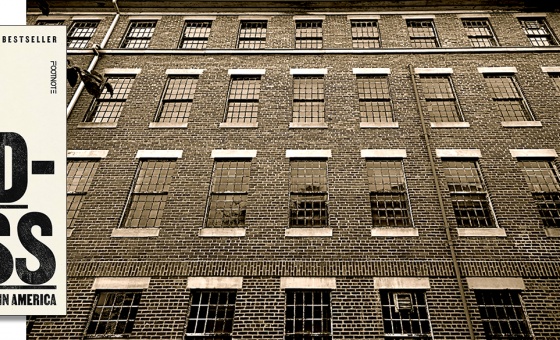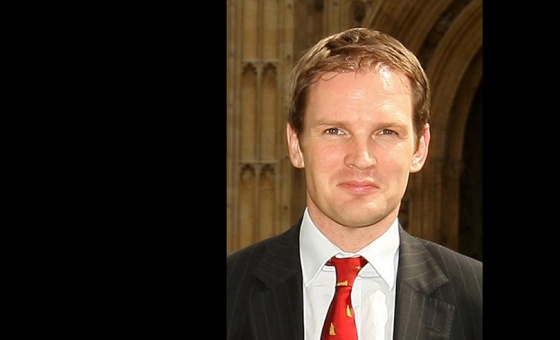BAD news for Boris. Labour’s close win in Peterborough shows how wised-up voters are. For Remain-inclined electors, last week’s vote for the Liberal Democrats or Greens looks like a one-night stand unwisely embarked upon when better judgement is compromised by mind-altering substances and liquids.
The election of the able and likeable Lisa Forbes puts a working-class woman and trade union official in a Parliament which urgently needs more of both. The brilliant street campaign waged by the party in the city paid off, and shows rank-and-file mobilisation can overcome the poisonous demoralisation spread by those MPs who take to the press daily to undermine their leader and their party.
In the unlikely event that Tory MPs fail to find a formula for keeping Alexander Boris de Pfeffel Johnson’s name off the ballot paper their diminished divisions of members will likely make him premier of a nation largely disinclined to vote for his party.
The Tories came a poor third and, if there are uncounted millions of people in the country who regard the millionaire playboy with disdain, it is nothing compared to the feelings his parliamentary colleagues have for the two-faced figure of fun.
Such enthusiasm for his candidature derives from their expectation that he has the best chance of saving their seats. Refashioning the Tory Party as a winning electoral machine may take some time. However, don’t think that uniting this first party of capitalist continuity is a task that might take longer than the interregnum between this poll and one that allows the entire nation to choose our prime minister.
Our ruling class has two priorities. The first is to refashion the Tory Party as an election-winning machine. The second is to keep Britain on the same track as the EU with an agreement that keeps our economy as closely aligned to the neoliberal functioning of the single market as is possible.
Tory disunity is, for the moment, Labour’s opportunity. Labour’s policy prospectus is unfolding and builds on the great popularity of the last election manifesto. Winning an election depends on convincing a decisive majority of working people that Labour’s policies not only answer their most pressing needs but can be achieved.
That is no excuse for complacency. Labour and the Conservatives both lost vote share in Peterborough. The Brexit Party’s near-win indicates the real danger that Labour will haemorrhage voters if it bows to pressure to become a party appealing to Remain supporters only. The rise in the Lib Dem vote shows the opposite risk is real too. Jeremy Corbyn’s determination that the party must stand for working-class unity and move beyond the referendum’s divisions stands vindicated.
As with the Labour defectors to the Greens — who are moving to the right and to the SNP, who have already gone that way — a clear and progressive Labour manifesto may be enough to bring them back.
But beyond these basic facts of political life Labour’s chances of forming the next government rest on finding a principled basis for uniting the labour movement with and within the party that best represents its diversity.
The only credible basis for such unity lies in convincing a decisive majority of voters, most particularly Labour’s core constituency of skilled and lesser skilled workers, that Corbyn meant it when he said Labour would respect the referendum result.
A wide spectrum of opinion in the party understands this simple truth. It needs to become a decisive majority.










